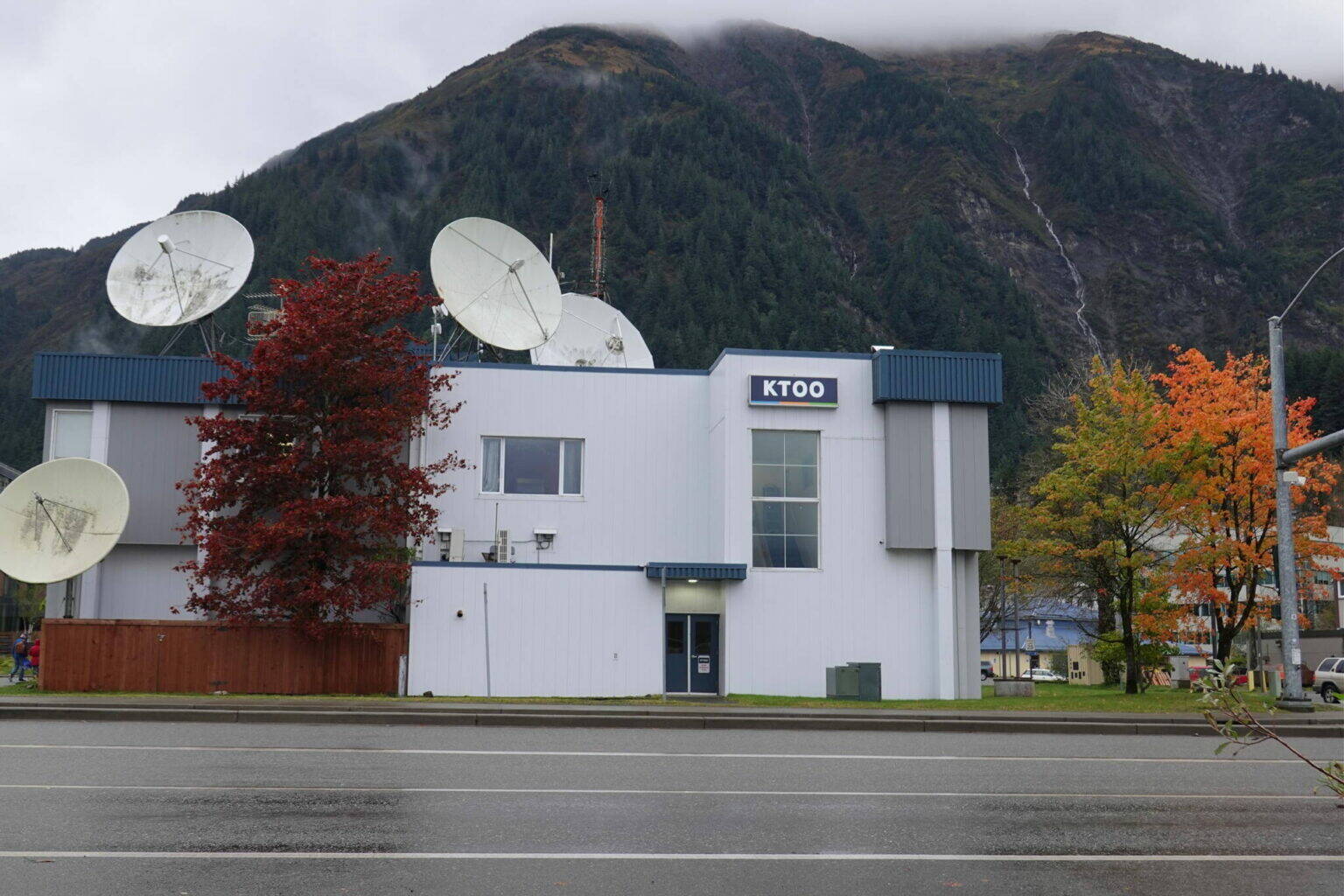Alaskans are different and we pride ourselves on that. If my vehicle got stuck in a ditch, or if my house got hit by the outburst flood, or if I lost power out on the water — I have 100% confidence that someone from my Alaskan community is coming to help me, like I would them. I’m not going to ask your party affiliation before towing your boat or car out of harm’s way. We live in a remote place with unique needs and the vast majority of us don’t let ideological differences get in the way of being a good neighbor.
There is a lot going on in the news these days, so you may have missed that President Trump called to defund the Corporation for Public Broadcasting (CPB) that takes $1.60 from every American taxpayer to fund public radio and TV stations. You may have read that CPB only makes up 1% of national public radio (NPR) and just 14% of PBS TV’s direct funding — and that is true. Seventy percent of CPB funding goes directly to local community stations. In sparsely populated places like Juneau, Haines, and Wrangell CPB funding is a significant source of annual funding, bringing news, music, information and employment to rural communities.
Whether you tune into KTOO or not, for the past 50 years it has been the one who pulls us out of the ditch. KTOO has been the neighbor’s house where we all gather with old friends and make new friends, where we listen to music, share ideas and recipes, and build community. Maybe you don’t like all the ideas that are expressed in that house. That’s OK, we don’t have to agree on everything — but it’s the most American and Alaskan ideal to disagree and appreciate your humanity anyway. We don’t have to agree on every issue to appreciate that you’re a good neighbor with a good heart.
It is time to stand together as Alaskans and Juneauites. I am calling on our congressional delegation — Sens. Lisa Murkowski and Dan Sullivan, and Rep. Nick Begich — to stand up for the unique needs that public broadcasting delivers to our communities and oppose the White House’s recent request to defund the Corporation for Public Broadcasting. This recision would eliminate $1.2 million — annually — from our budget, and severely limit KTOO’s ability to serve our city while weakening our position as Alaska’s capital city.
KTOO has spent more than half a century serving Alaskans with trusted news, lifesaving information, inspiring music, and deep community engagement — and bringing the Legislature into every home in Alaska. Today, KTOO is Juneau’s only newsroom that is wholly locally owned and operated, ensuring we are informed about what is happening locally — from providing timely and accurate information during the Mendenhall outburst floods to full coverage of Assembly meetings and candidate forums for local elections. All of this is made possible, not by corporate influence, but by thousands of individual donors, foundations, and sponsors across the state who believe in independent, non-commercial media.
It’s true that a significant portion of KTOO’s funding comes directly from individuals, businesses and organizations in our community, but a vital 33% comes from the Corporation for Public Broadcasting. The loss of these funds will have a devastating effect on our ability to deliver KTOO’s public services to Juneau and limit our ability to bring the Legislature to the rest of Alaska, weakening our position against the threat of future capital move initiatives. Neighbors, please reach out to our representatives and share stories about why you love and or rely on community broadcasting:
Rep. Nick Begich: https://begich.house.gov/contact
Sen. Dan Sullivan: https://www.sullivan.senate.gov/contact/email
Sen. Lisa Murkowski: https://www.murkowski.senate.gov/contact
Let them know you want them to stand up for the neighborhood, just like Mr. Rogers taught us.
• Kevin Myers is a Juneau author and KTOO board member.

